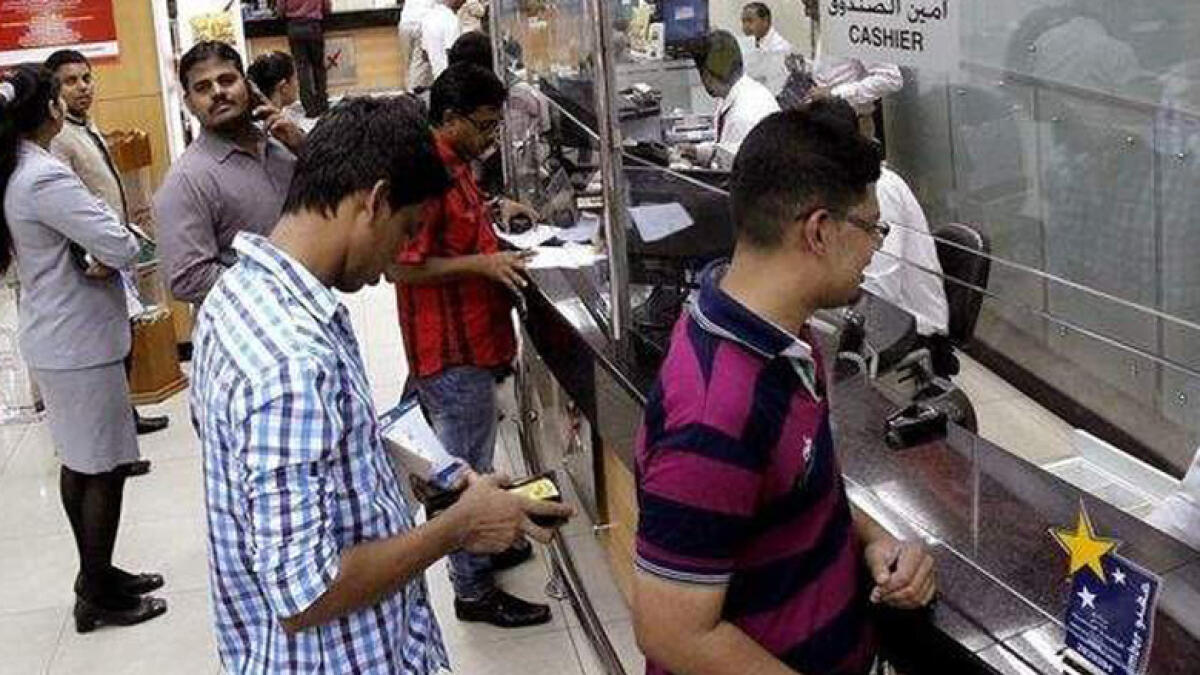The International Day of Family Remittances is a celebration of money transfers sent by workers abroad to their loved ones in their home country. This year, the celebration coincides with Eid Al-Adha festivities, emphasizing togetherness and the importance of financial support for families. The increase in money transfer transactions during celebratory seasons like Eid Al-Adha highlights the significant impact of remittances on families globally.
The Middle East is home to vast communities of global citizens who send billions of dollars in remittances annually. The region leads by example, with countries like the UAE and Saudi Arabia being among the top three sending countries globally. The strength of the Middle East workforce and its governments’ visionary approach have created opportunities that enable individuals to support their families both in-country and back home.
As the Regional Vice President for the Middle East, Pakistan, and Afghanistan at Western Union, Hatem Sleiman understands the importance of remittances firsthand. Having left his home in Lebanon to seek opportunities in the UAE over two decades ago, Sleiman has been able to support his extended family through remittances. Today, his children are pursuing their own opportunities, highlighting the generational impact of remittances in creating a legacy of support and opportunity.
The United Nations estimates that there are approximately 281 million migrants in the world today, highlighting the common thread of seeking greater opportunities that unite us all. Remittances play a crucial role in supporting families and communities, especially during celebratory seasons like Eid Al-Adha. These money transfers not only have a monetary value but also bring intangible joy and a sense of abundance to families eagerly awaiting them.
World Bank figures show the Middle East as a key driver of global remittances, with countries like the UAE, Saudi Arabia, Qatar, and Kuwait sending billions of dollars annually. These remittances reflect the dynamism of the Middle East workforce and the opportunities created by the region’s governments. As individuals send money back home to support their loved ones, they contribute to the growth and well-being of families and communities across borders.
On this International Day of Family Remittances and Eid Al-Adha, it is a time to reflect on the journeys taken by individuals seeking opportunities abroad and the impact of their remittances on their families. As individuals consider their next move and how to support their loved ones, the power of remittances in creating a lasting legacy is evident. Hatem Sleiman’s story serves as a reminder of the transformative impact of remittances in building a better future for families and communities worldwide.










